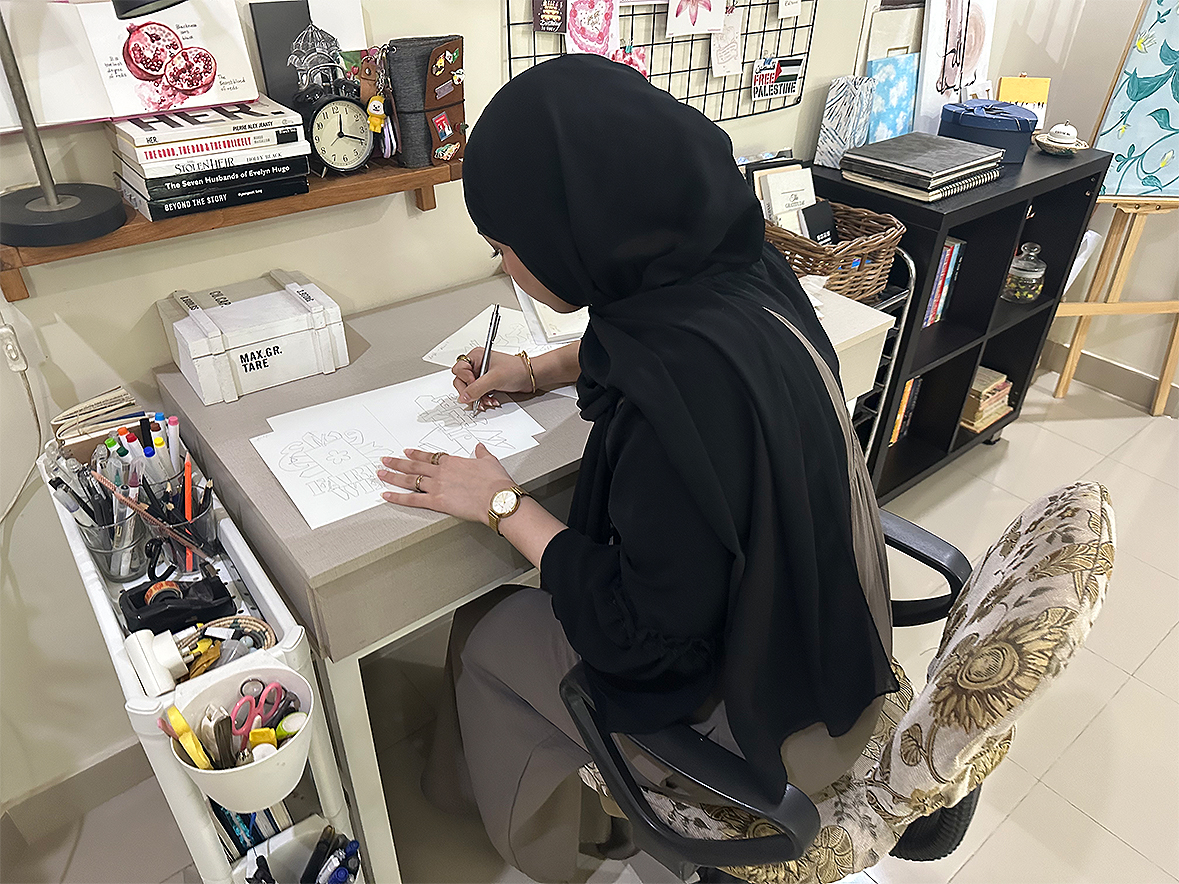ISLAMABAD/NEW DELHI: A Pakistani company, which manufactures herbal medicines and other commodities, distanced itself on Wednesday from a ban on the sale of one of its most popular products in India which, it said, was marketed by individuals in Dubai through various e-commerce platforms.
A representative at Hamdard Pakistan said this in response to questions by Arab News after the Delhi High Court “permanently restrained” Amazon India from selling Rooh Afza beverage produced in Pakistan.
A rose-flavored concentrate of herbs, fruits and flowers, the drink is popular throughout South Asia where it is mostly consumed during summer. Rooh Afza also becomes a staple item in the Muslim fasting month of Ramadan when people mix it with milk or water before serving it with the sunset iftar meal.
The drink was first introduced in 1906 by Hakim Hafiz Abdul Majeed in New Delhi, though its ownership rights were split after partition in 1947 since Majeed’s elder son remained in India while the younger one moved to Pakistan.
Today, Hamdard National Foundation, India, and Hamdard Laboratories, Pakistan, manufacture the product in their respective national domains while the Rooh Afza trademark is registered in both countries.
The high court in New Delhi issued its verdict after the product’s owner in India filed a suit, saying the beverage produced in Pakistan was being sold through Amazon India.
“Hamdard Pakistan has got nothing to do with the ban on Rooh Afza in India as the company does not export its product to that country,” Faiz Ullah Jawad, the company’s marketing and business development director, told Arab News on Wednesday.
“Some individuals sell our product on different e-commerce platforms from Dubai on their own because the quality of our product is much better than the one available in India,” he continued.
Jawad clarified that Hamdard Pakistan was “never involved” in any business with India since “that is neither our domain nor we sell our products in that country.”
“We don’t even know who these sellers are who have been banned from selling Rooh Afza in India,” he added.
Jawad maintained the court’s decision would have “zero impact on our business in the international market,” adding it was India’s choice if it wanted to ban the product manufactured in Pakistan or not.
It may be recalled that Hamdard India pointed out in its complaint that the product manufactured by Hamdard Laboratories, Pakistan, was sold on the e-commerce website, though it did not carry the address of the manufacturer.
“It is not clear as to how these products are being imported from Pakistan when clearly the Plaintiffs [Hamdard India] have statutory rights in the marks in India,” the court observed.
It also expressed “surprise” that an imported product was sold by Amazon India “without the complete details of the manufacturer being disclosed.”
President of the Confederation of All India Traders Praveen Khandelwal asked the administration in New Delhi to make it mandatory for e-commerce platforms to specify the country of origin with every product available of their website.
“It’s a very serious matter,” he told Arab News. “Amazon India is a habitual law offender. It is not only selling Pakistani but also Chinese goods.”

















